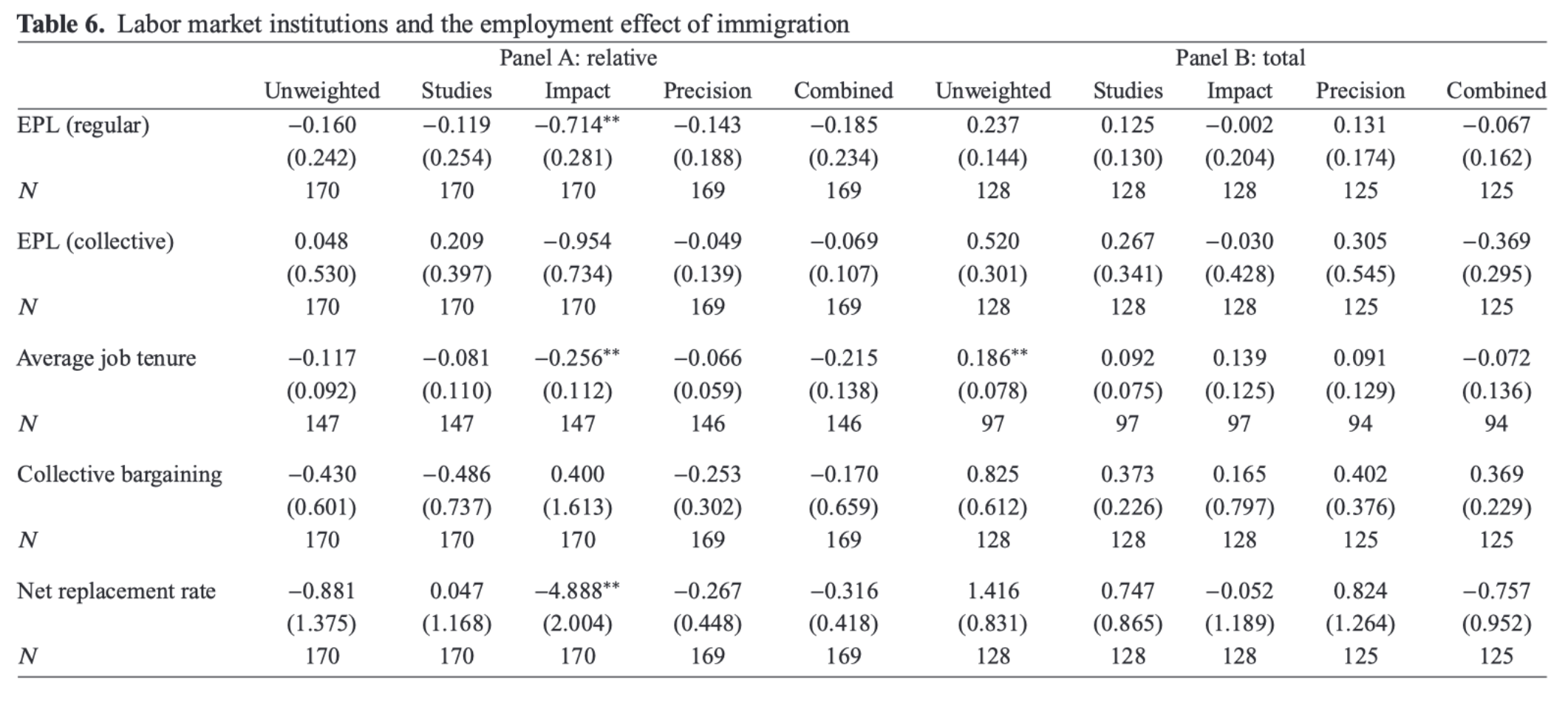Theories of International Mobility and the Incorporation of Immigrants
Class 4: Economic Effects of Immigration
How does migration affect destination labor markets?
Simplistic Positions
Immigrants do jobs that natives don't want?
or
Immigrants steal native jobs and drive down wages?
Empirical question for neoclassical model
Compliments or substitutes?
Production Function
$$Q = f(X_1, X_2,...,X_j, K)$$Demand Function
$$r_l = f_l(X_1, X_2,...,X_j, K)$$Supply Function
$$X_l = S_l(r_l, Y_l)$$Really ???
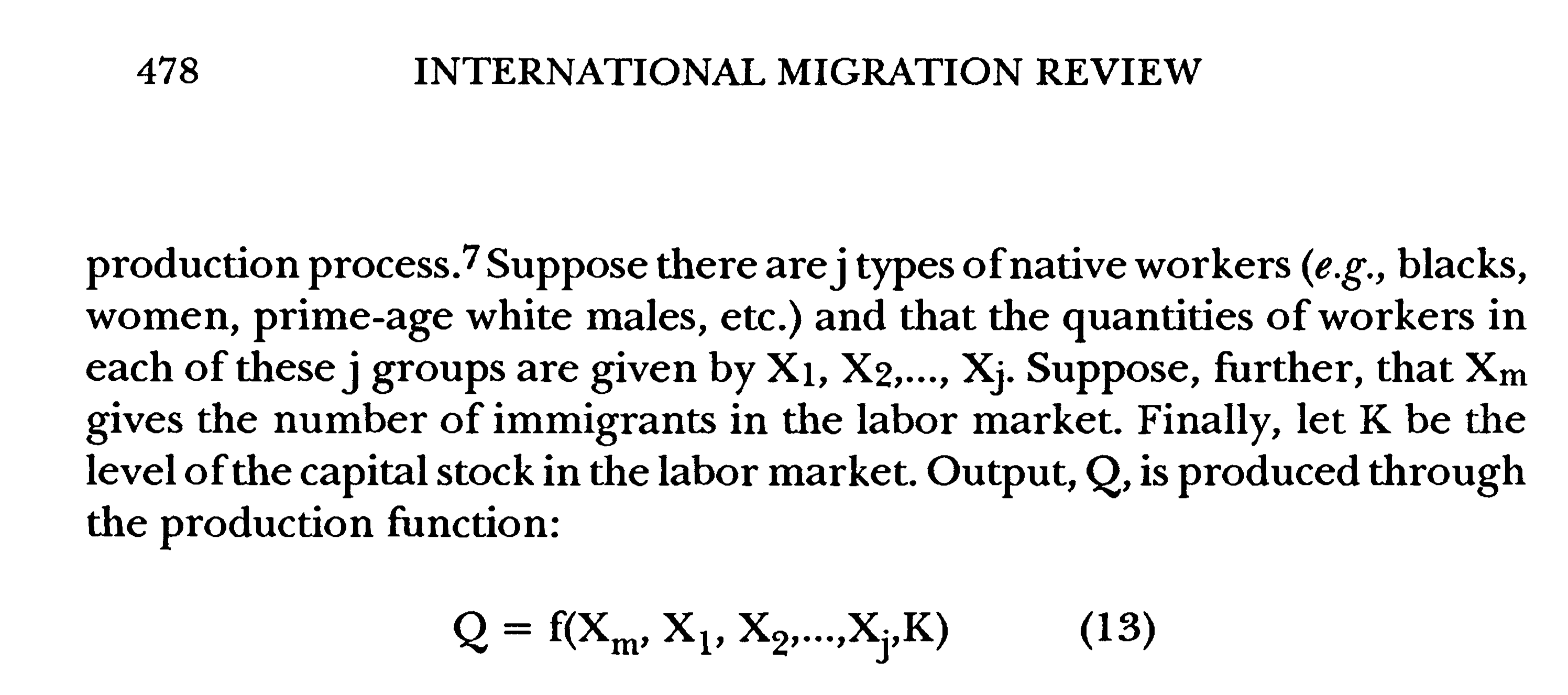
Homogeneous Labor
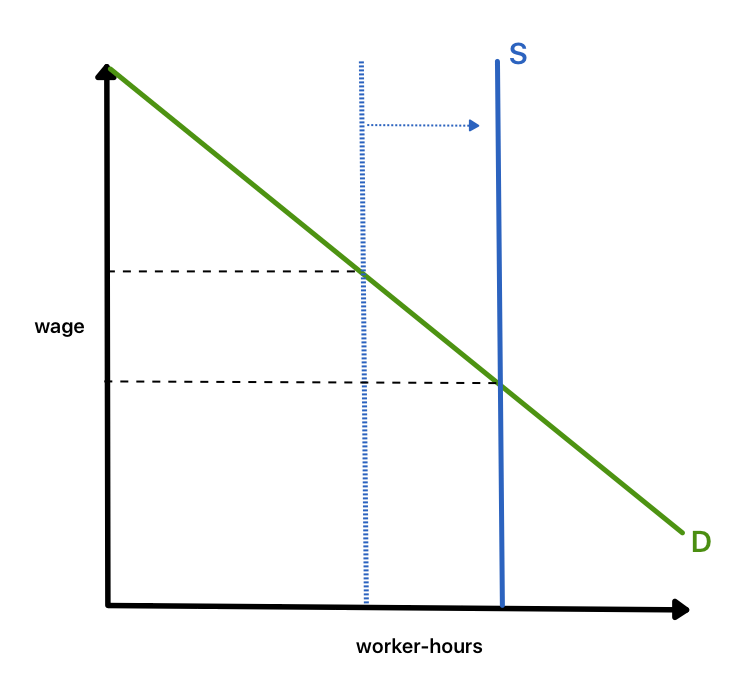
Heterogeneous Labor
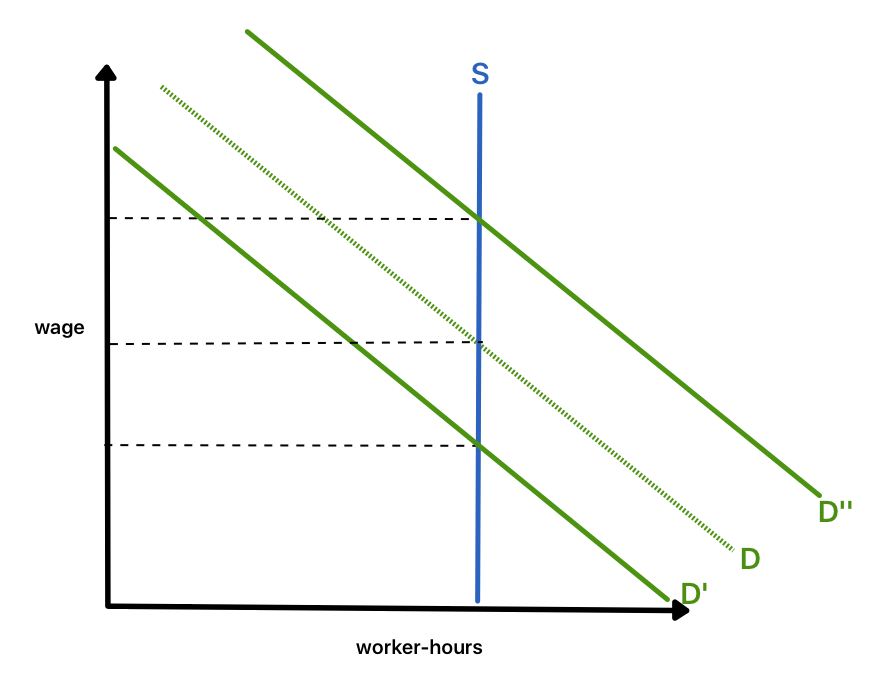
Other Considerations
- Natives may move
- Immigrants buy things
Empirical Evidence
- Any negative impact of immigration on natives appears to be small
- Impact of immigration on immigrants is larger
- Debate over distributional effects
Empirical Evidence: Problems
- Hard to detect effects on low-skilled workers
- Labor market influences locational choices
Mariel Boatlift
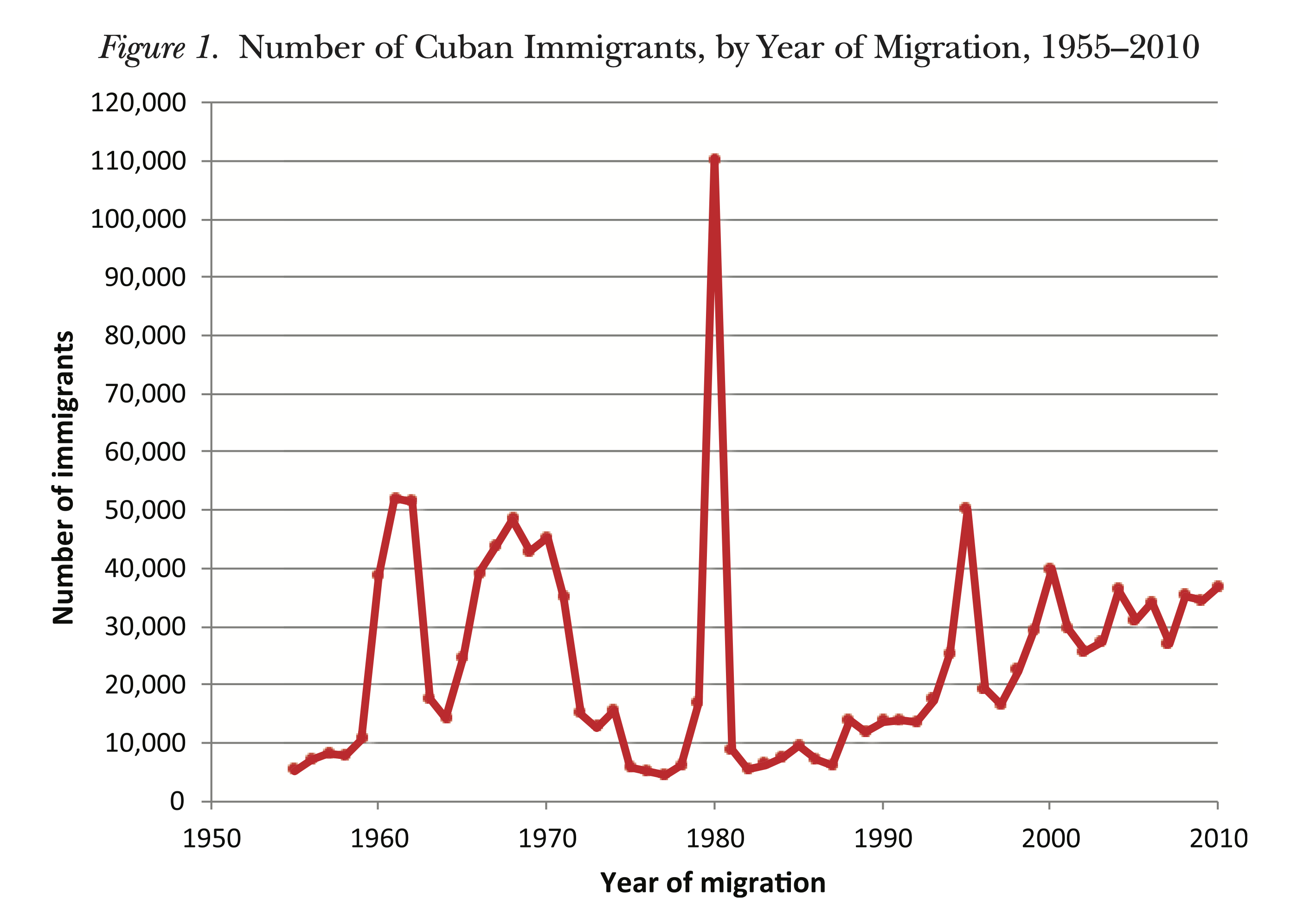
John Brousek, Against Wind and Tide: A Cuban Odyssey (1981)
Marielitos in Miami
- May-Sep 1980: ~125,000 Cubans arrive in Miami. About half stay permanently there, representing a 7% increase in labor force overall; 20% increase in Cuban labor force.
- Small (several hundred) group of inmates from jails and mental health facilities but rumors of thousands.
- Lower education, lower English, more male, lower occupational attainment and attachment than existing population
- 34% wage gap with other Cubans in Miami (18% if we control for education, experience and gender)
Marielitos in Miami
- 50% increase in homicide rate
- 3-day riot in which 13 people were killed, driven partly by labor market competition from Cuban refugees
- unemployment rose from 5% to 7.1%
Marielitos in Miami
Doesn't the rise in unemployment answer our question?
Why not?
Card (1990)
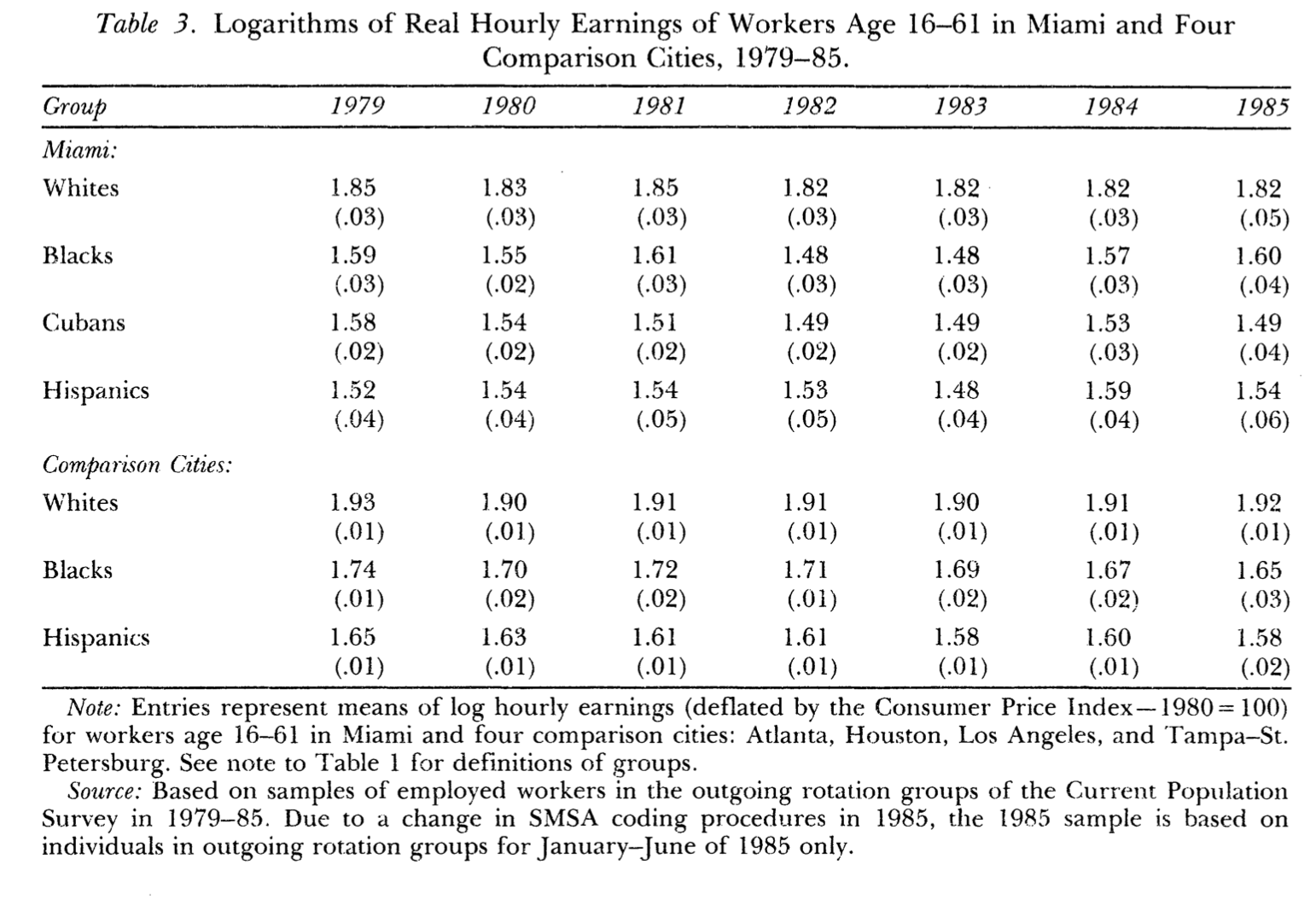
Card (1990)
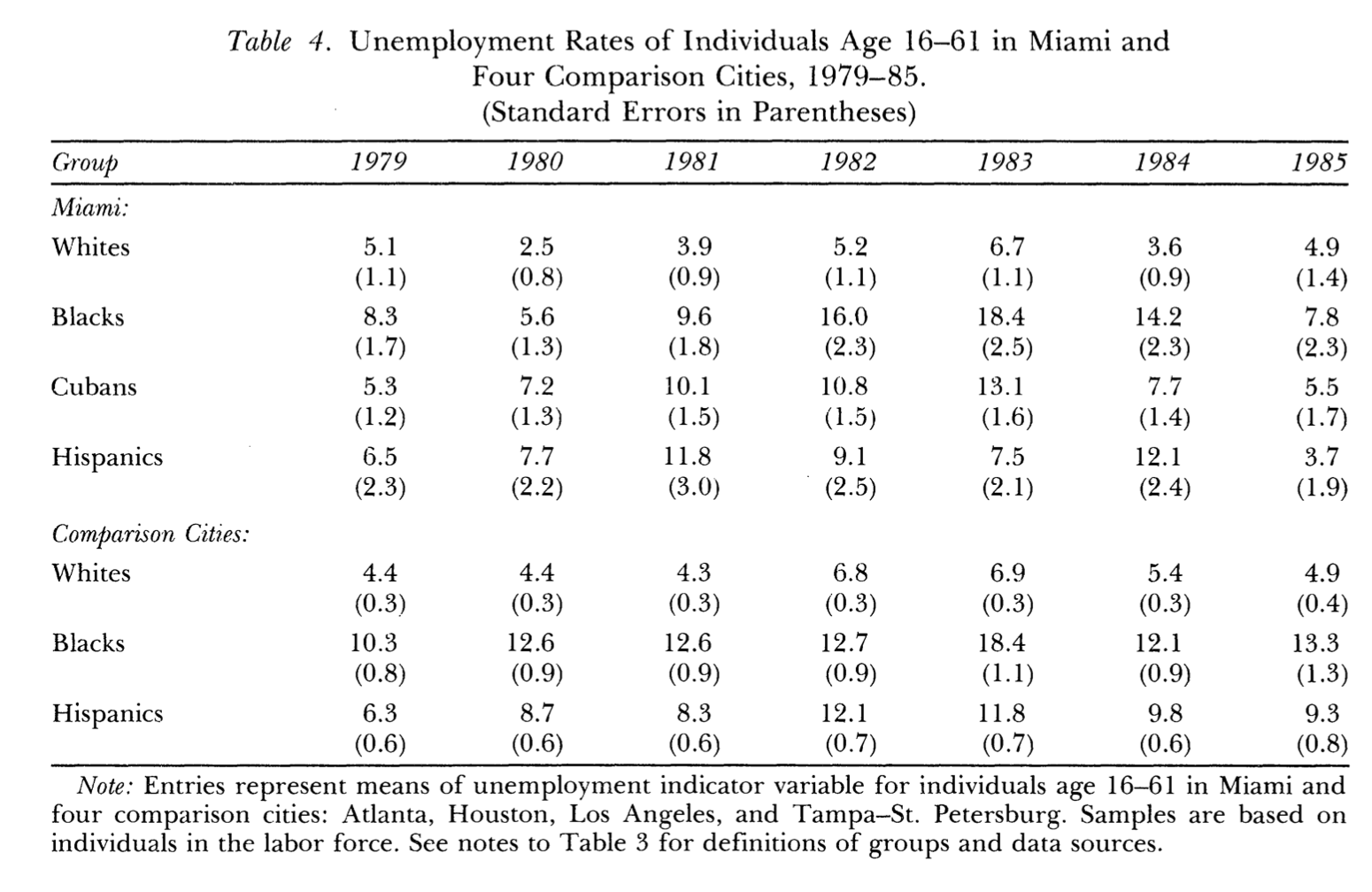
Card (1990)
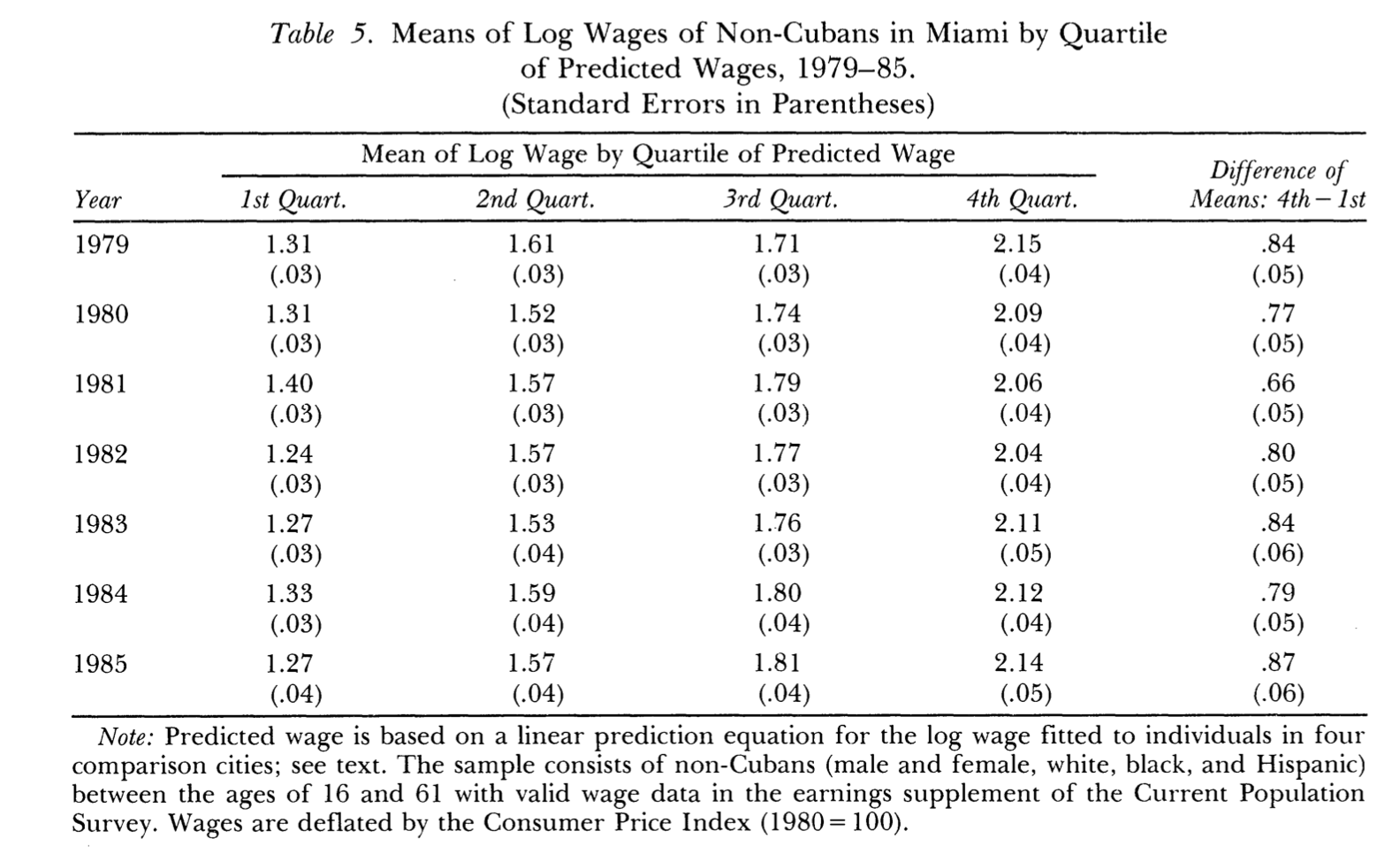
Borjas (2017)
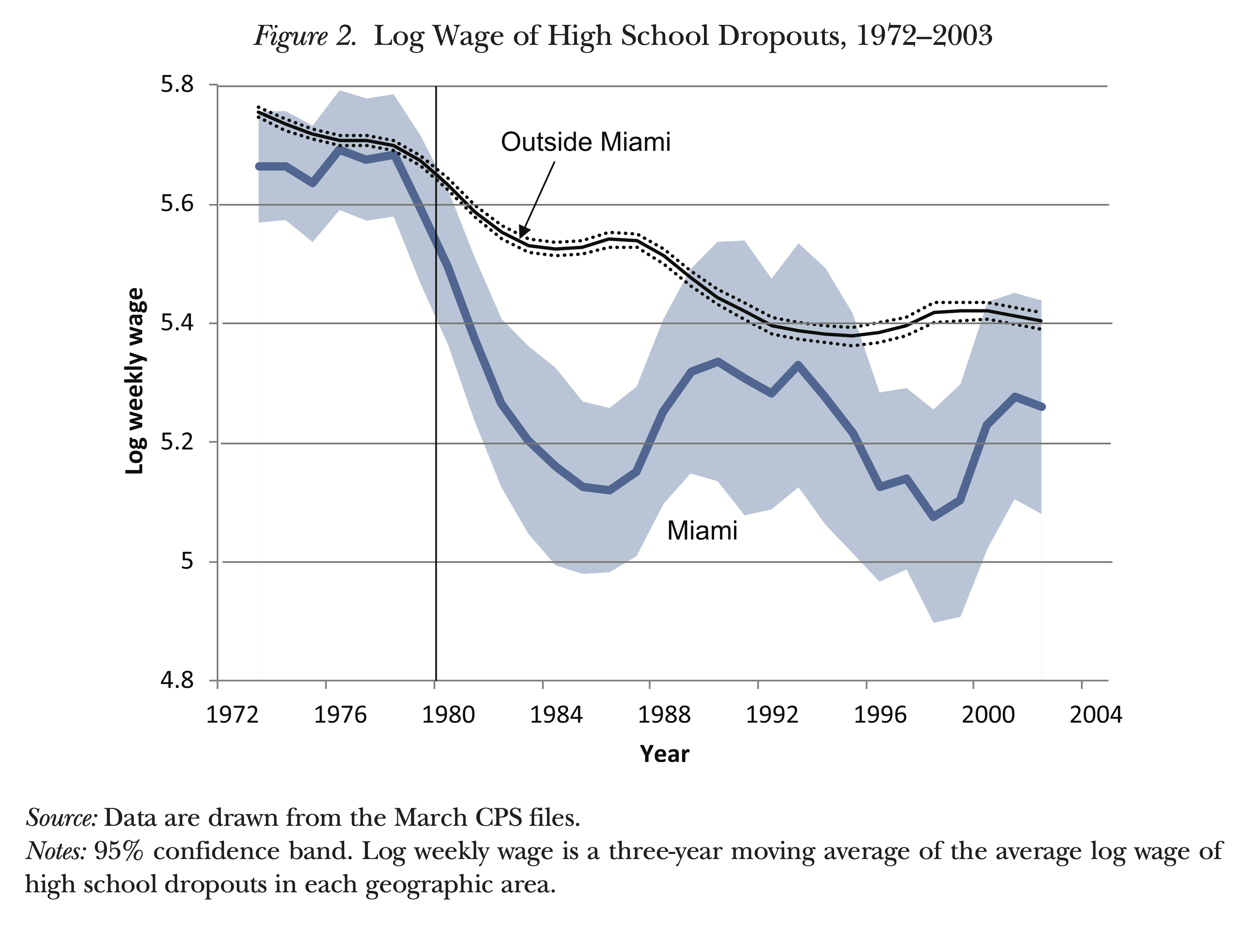
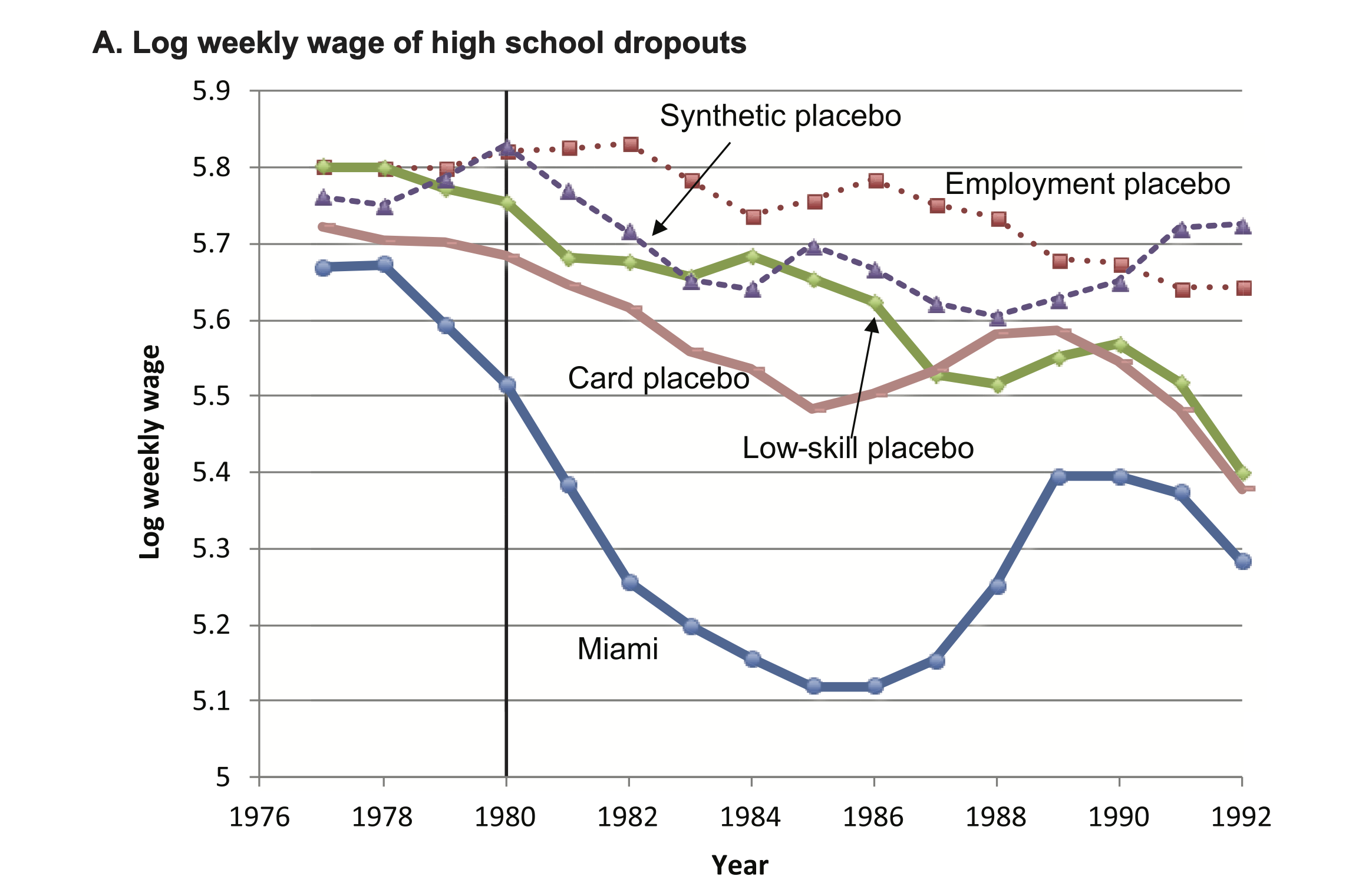
Does this resolve the question?
Clemens & Hunt (2019)

Clemens & Hunt (2019)

Could this be producing a spurious result in Borjas' analysis?
- Arrival of low-income Black Haitian workers in Miami in 1980.
- Census Bureau starts counting more low-skilled U.S. Black men in 1980 to correct prior under-coverage.
- This involved counting lower-income Black people than previously counted.
Monika Gosin, Disrupting a Racial Politics of Division: Black Voices on the 1980 Mariel Boatlift, John Hope Franklin Center, Duke University (2020)
Tooze 2017
- "The work of Card and Borjas is used to make general pronouncements about immigration policy, affecting tens of millions of people. But what do their rival results rest on?"
Tooze 2017
- "[T]he Mariel of the economists is constructed around labour force data and economic theories that are designed to enable statistical logic to be brought to bear. But due to the fixation on the identification of causation they require Mariel to be torn out of its context and figured as a “natural experiment” a truly “exogenous event”. Furthermore, when examined in detail the identification of the effects that economists are fixated on, requires a treatment of data that turns out to be a strange form of anecdotage. It involves the calculation of confidence intervals for samples of barely more than a handful of respondents."
Foged, Hasager & Yasenov (2021)
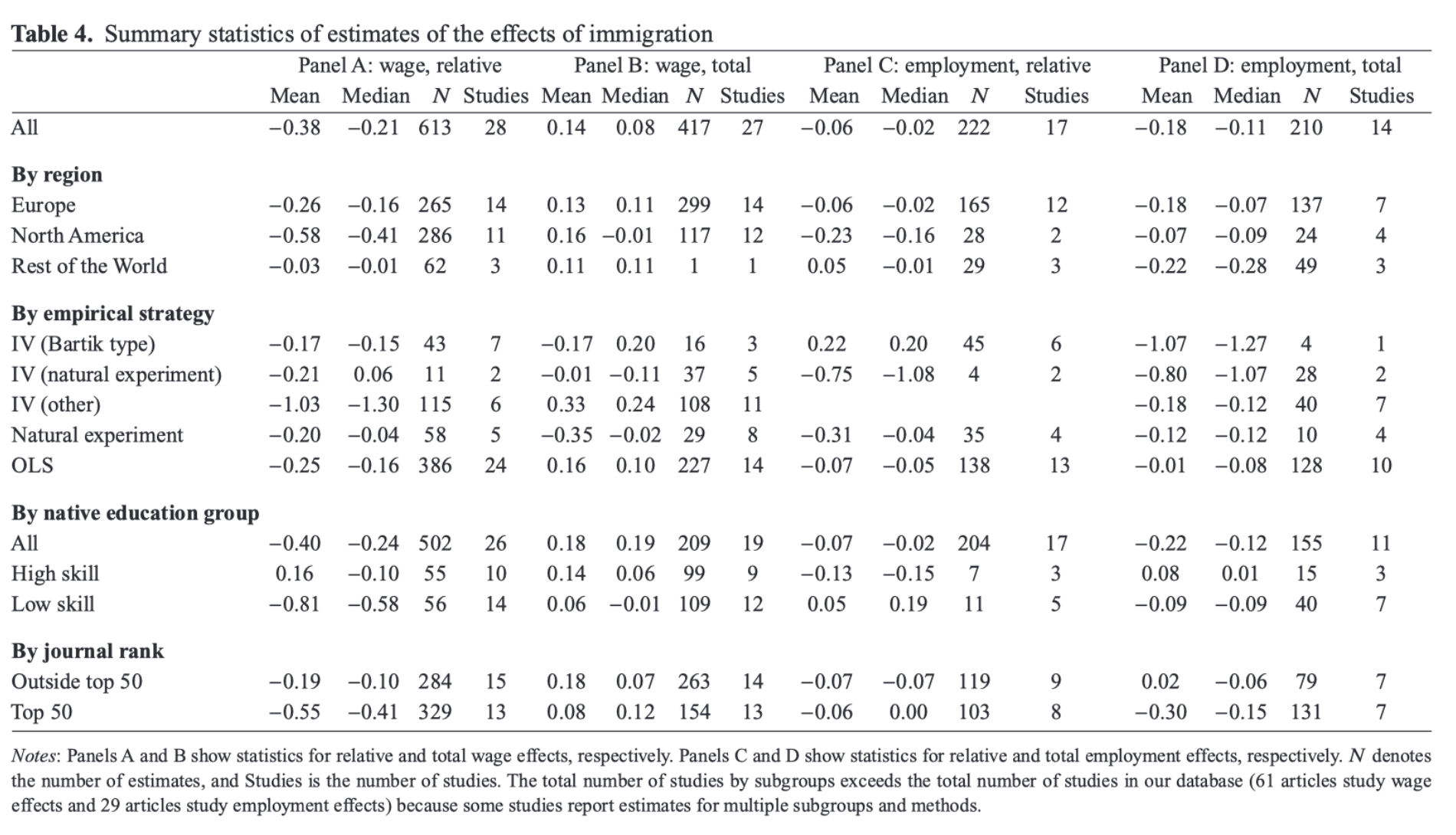
Foged, Hasager & Yasenov (2021)
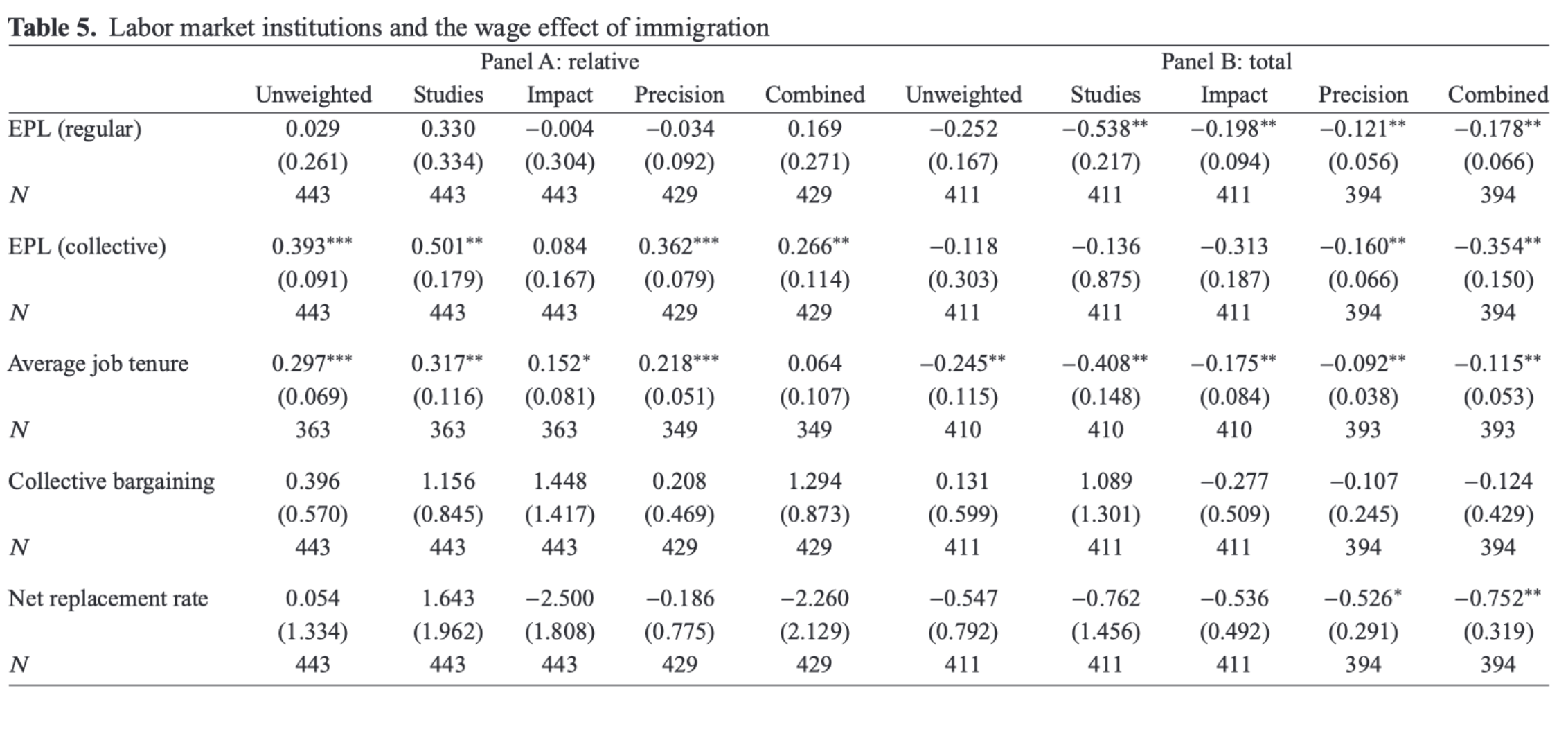
Foged, Hasager & Yasenov (2021)
